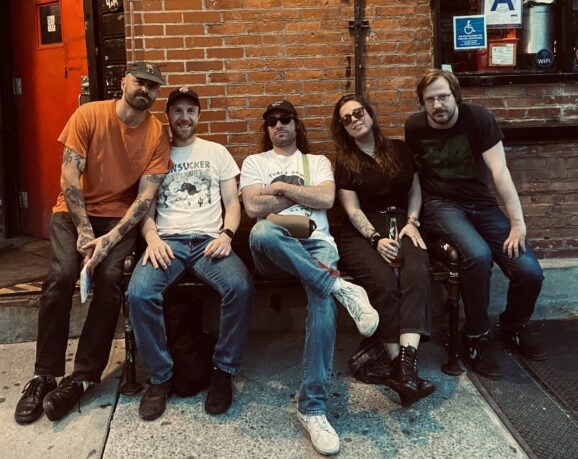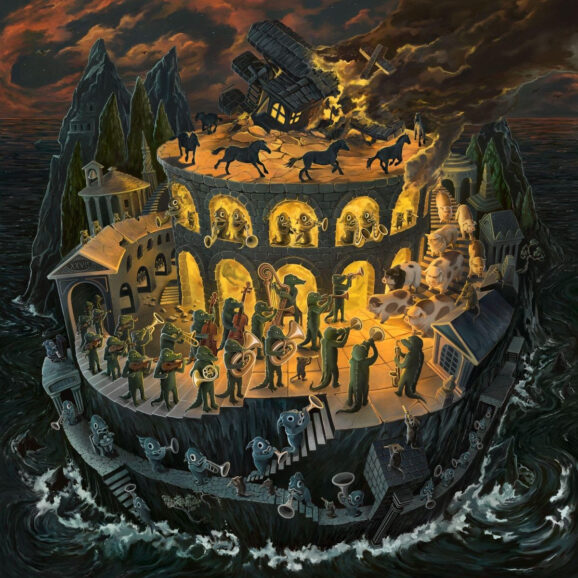 Get out a dictionary and put on your snorkel. David Foster Wallace is back with a collection of short stories and eccentric pieces outlining those parts of human nature that should stay in the dark under a rock. You know them- those parts of you that are just a little too difficult to confront… Wallace brings them out into the blinding spotlight in language that is so rich and full, so energetic and juicy, that you need to chew each sentence thoroughly before you swallow it. Ah, but it’s worth it.
Get out a dictionary and put on your snorkel. David Foster Wallace is back with a collection of short stories and eccentric pieces outlining those parts of human nature that should stay in the dark under a rock. You know them- those parts of you that are just a little too difficult to confront… Wallace brings them out into the blinding spotlight in language that is so rich and full, so energetic and juicy, that you need to chew each sentence thoroughly before you swallow it. Ah, but it’s worth it.
Following the title of the book there are “interviews” with men whose worst attributes are either their only ones or the most prominent. They range from womanizers justifying their callous addictions to abusive fathers, unstable prisoners, and the like. Wallace breaks convention by combining the notions of dialogue and monologue into a bastard-hybrid: the “questions” that are asked of the interviewees (or sometimes merely the other side of the conversation: from a girlfriend, a son, etc.) are not apparent; they are listed only as “Q”. This one-sided dialogue leads the reader to imagine just what questions are being asked and what reactions the interviewer is having to the unsettling comments of the interviewed. There is a pleasantly urgent tone to the language placed in the mouths of the social misfits; they are often times pleading with you (in the stead of the interviewer) to understand where they are coming from, to defend the normalcy of their viewpoints. This has the effect on the reader of making him question his own viewpoint (“Maybe they aren’t that different from me after all…”) and challenges our notion of self and other, normalcy and deviance.
Peppered in between the “interviews” are short stories to make you squirm. One is a narrative in Proustian detail casting you as a 13 year old boy working up the nerve to jump off the high dive with every detail from pool tile texture to water evaporating off your pubescent skin rich in detail. Another story consists of a lengthy psychological profile of a sociopathically needy woman and the friends she tortures by prolonged crying phone calls and the toll her psychiatrist’s suicide has on her stability and self-worth. There is a short narrative of a young man that suddenly has the realization his otherwise normal father once “pistol whipped” him with his organ when he was a boy. This results in a fall out in his family as he confronts his father with this accusation that may or may not be true.
While the subject matter is churning, the prose is leaping and bounding. The words Wallace chooses form a symphony of thick detail and ironic humor dripping with detail. While you are guaranteed to break out a dictionary on at least one word per page, you come out all the richer for it. In the end the stories give back what you put into them- you wrestle them as a formidable foe, but like when you are kids, after you are done wrestling, you go home as friends.









